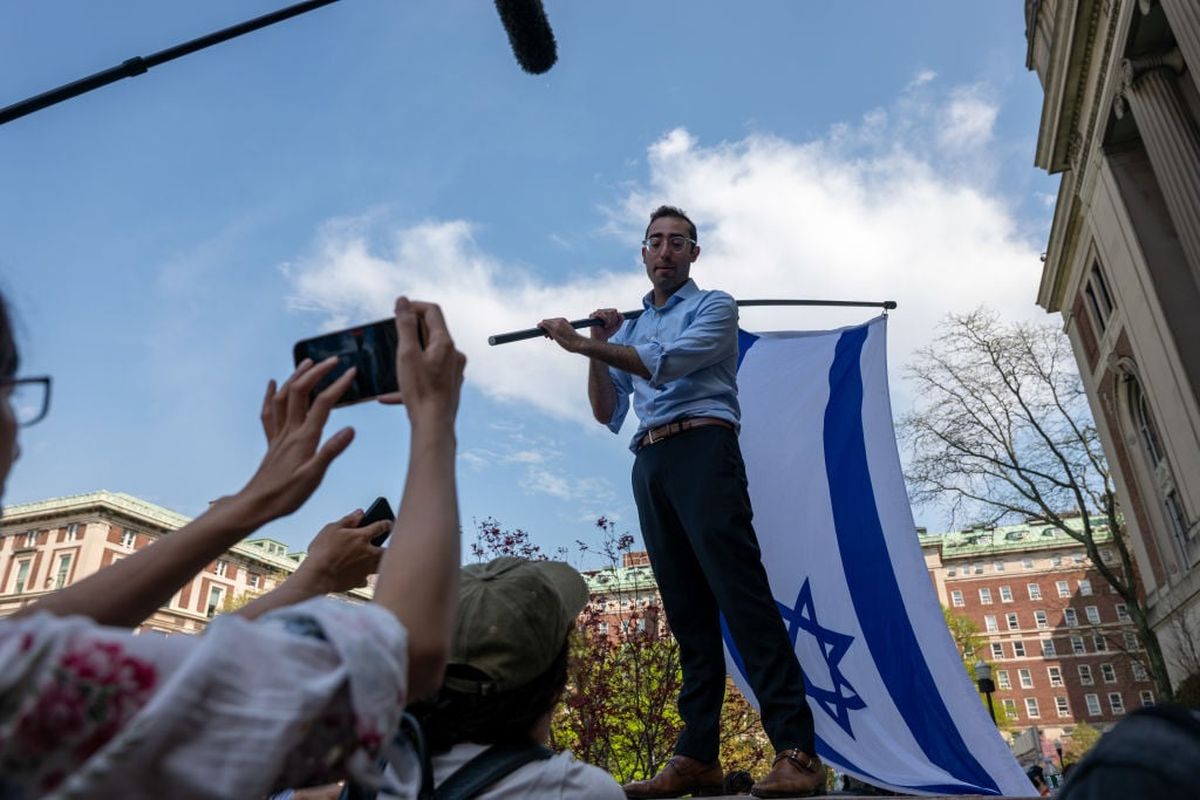Columbia begins to suspension of student protesters

NEW YORK – After a day of protest and confusion on its Manhattan campus, Columbia University announced Monday evening that it had begun to suspend students who had not left a pro-Palestinian encampment by a 2 p.m. deadline.
The measure reflected the difficult balance Columbia administrators are seeking to strike as they try to avoid bringing the New York Police Department back to arrest those in the encampment, but also commit to the stance that the protest must end.
Students in the encampment, along with hundreds of supporters, had spent a tense afternoon rallying around the site in a show of force meant to deter the removal of its tents. But by 4 p.m., with no sign of police action, most of the protesters had begun to disperse, leaving only what appeared to be several dozen students and about 80 tents inside the encampment.
Just outside, about a dozen faculty in yellow and orange safety vests stayed behind, with several saying that they planned to remain overnight to make sure their students’ right to protest was respected.
Columbia’s move appeared to be an effort to get the encampment to peter out gradually before the university’s May 15 graduation, rather than to root it out with force, a step that administrators fear will incite more protest. The university said it had identified some but not all of the students in the encampment, who are likely to be notified of their suspensions one by one via email.
“We have begun suspending students as part of the next phase of our efforts to ensure the safety of our campus,” said Ben Chang, a spokesperson for the university.
According to the university, only the students who remained in the encampment after 2 p.m. would face immediate suspension, not the hundreds of other students who came during the afternoon to encircle the camp to protect it and show their support.
So far, at least, the student protesters vowed to stay put. At a news conference Monday afternoon, Sueda Polat, a student organizer with the encampment, said that the university had not made significant concessions to the protesters’ main demand of divestment from companies with links to the Israeli occupation of the Gaza Strip. Columbia had also stopped negotiating. As a result, she said, the students inside the encampment “will not be moved unless by force.”